Farm & Ranch
[AgriLife Today] New rangeland book addresses recent developments, future needs
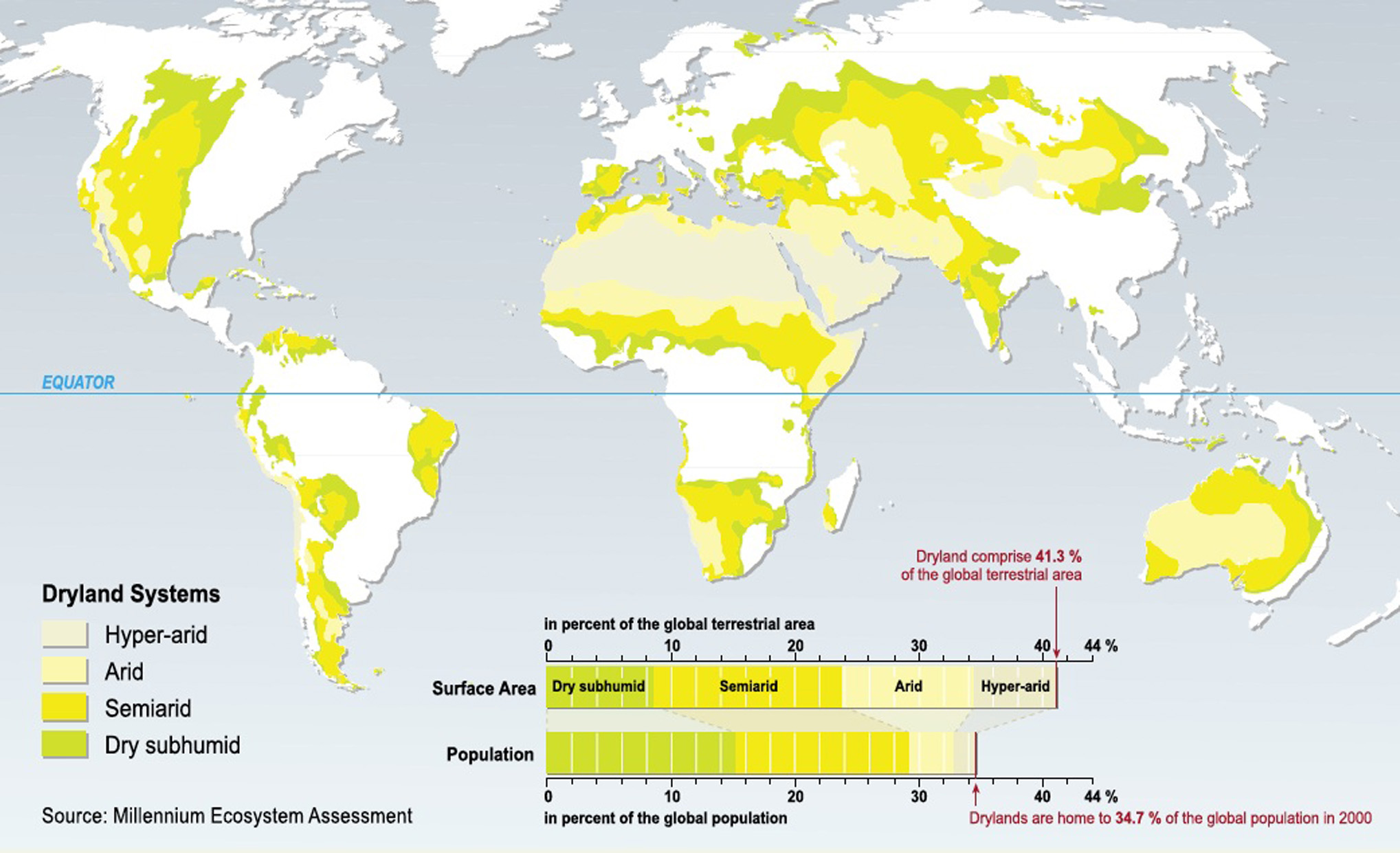
By: Kay Ledbetter
Texas A&M author: ‘Unprecedented compilation’ of knowledge
Writer: Kay Ledbetter, 806-677-5608, [email protected]
Contact: Dr. David Briske, 979-845-5581, [email protected]
COLLEGE STATION – “Rangeland Systems – Processes, Management and Challenges,” an unprecedented compilation of ecological and management knowledge regarding global rangelands has been released, according to the Texas A&M professor and the book’s editor.
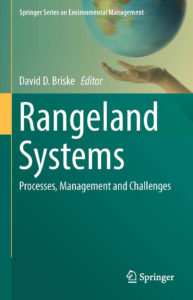
New compilation of ecological and management knowledge regarding global rangelands has been released in a book edited by Dr. David Briske. (Courtesy photo)
Dr. David Briske, T.M. O’Connor Professor in the Texas A&M University department of ecosystem science and management in College Station, said the book represents a major work involving the collective experience, knowledge and commitment of 80 authors in 15 countries who work in rangelands throughout the world.
The book has been published in the Environmental Management series by Springer Publishing Company. The electronic version can be found or a hardcover purchased at http://bit.ly/2mcHYhA.
Briske earned a bachelor’s in botany from North Dakota State University and a doctorate from Colorado State University. His scholarship and pedagogy emphasize the ecological function and management strategies of global rangelands.
He has served as editor of the book “Conservation Benefits of Rangeland Practices” and the journal “Rangeland Ecology and Management.”
“Originally, we had discussed updating ‘Grazing Management: An Ecological Perspective,’ a book first published in 1991,” he said. “However, it became apparent that rangeland science had advanced so rapidly in the 25 years since that book had been published, its scope was no longer sufficient to accommodate the newly created knowledge.”
Consequently, he said, the authors decided a new book with an expanded scope and greater relevance to contemporary rangeland challenges was required.
Briske said the new book also assesses why these major advances occurred so rapidly following a half century of limited conceptual change.
“Major advances have primarily been represented by scientific contributions such as non-equilibrium ecology and resilience theory, but sociopolitical events, including new policy and increasing societal demand for rangeland services, have also been important,” he said.
The book emphasizes three major themes, Briske said. The first summarizes recent conceptual advances for rangeland science and management. The second addresses the implications of these conceptual advances with respect to management recommendations and policy decisions. The third evaluates some of the major challenges confronting global rangelands in the 21st century.
“This book is intended to compliment applied range management textbooks by evaluating the conceptual foundation of the profession and recommending changes to promote future development and greater effectiveness,” Briske said. “It is written in a style intended for a broad audience, including ecosystem managers, educators, scientists and policy makers.”
Collectively, the authors indicate a more comprehensive framework is necessary to address the complex challenges confronting global rangelands in the 21st century. Rangelands represent integrated social-ecological systems, in which societal values, organizations and capacities are of equal importance to those of ecological processes.
“It is our assessment that a more comprehensive framework of rangeland systems may enable management agencies, and educational, research and policy-making organizations to more effectively assess complex problems and develop appropriate solutions,” Briske said.
-30-
Find more stories, photos, videos and audio at http://today.agrilife.or
Farm & Ranch
Managing Show Cattle Through The Winter

By Heather Welper
Husband and wife duo, Heather and Calvin Welper, are the Co-Owners and Operators or Two C Livestock, located in Valley View, Texas.
The pair’s operation has a show cattle focus where they raise and sell purebred heifers of all breeds and club calf Hereford steers.
When it comes to show cattle, the Welpers know a thing or two including how to prepare for the cold winter months and the Texas major show season run.
To read more, pick up a copy of the November edition of North Texas Farm & Ranch magazine, available digitally and in print. To subscribe by mail, call 940-872-5922.

Farm & Ranch
Double M Ranch & Rescue

By Hannah Claxton, Editor
As the sun rises each day, so do the dozens of mouths that Meghan McGovern is responsible for getting fed. Rather than the sounds of a rooster crowing, McGovern hears the bellows and bleats of a variety of exotic deer, the chortle of kangaroos, the grunts of water buffaloes, and the chirps of a lemur.
Nestled against the banks of the Red River, the Double M Ranch and Rescue, with its high game fences and deer sprinkling the landscape,s its in stark contrast to the surrounding ranches.
“Having deer is kind of like eating potato chips- you can never actually have just one,” said McGovern with a laugh.
McGovern has several herds to take care of- fallow deer, axis deer, water buffalo, goats, and bison. In smaller numbers, there’s also a few kangaroos, a lemur, a potbelly pig, a pair of zebras, a watusi, and a few horses.
To read more, pick up a copy of the November edition of North Texas Farm & Ranch magazine, available digitally and in print. To subscribe by mail, call 940-872-5922.
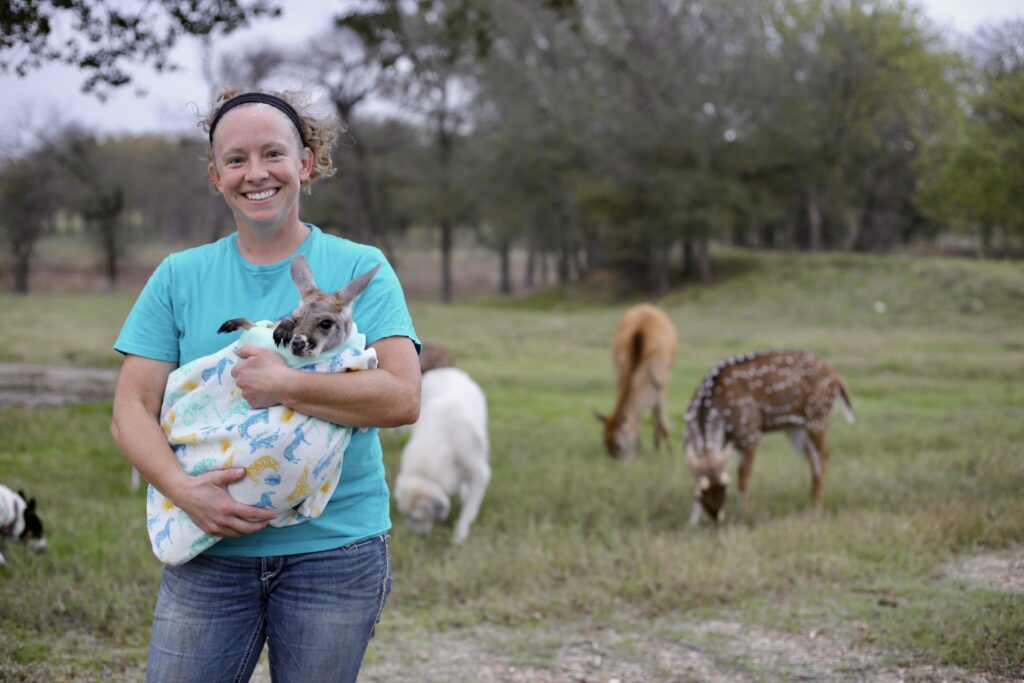
Farm & Ranch
Acorn Toxicity
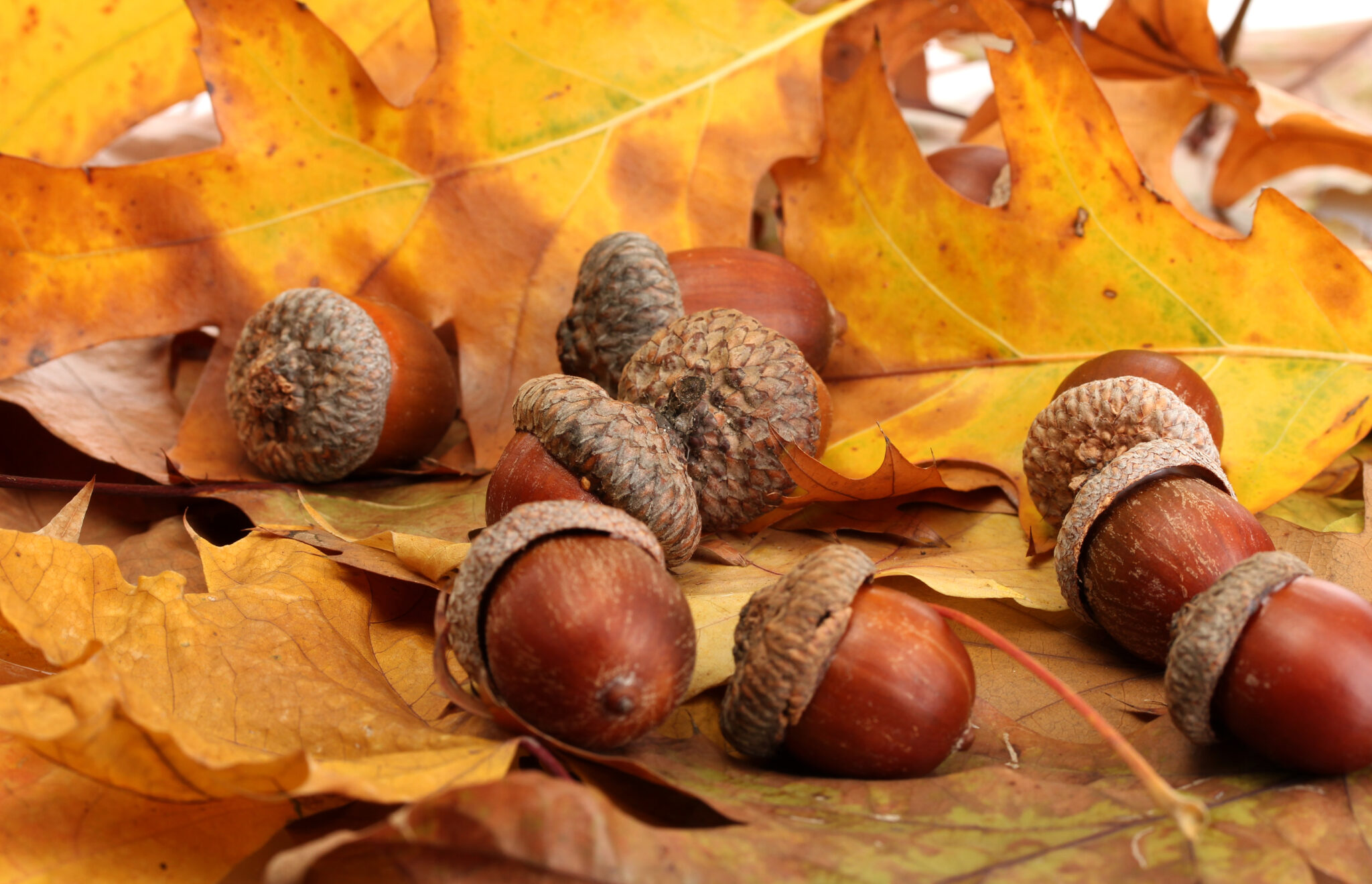
By Barry Whitworth, DVM, MPH
With the prolonged drought, most pastures in Oklahoma end up in poor condition. With the lack of available forage, animals may go in search of alternative foods.
If oak trees are in the pastures, acorns may be a favorite meal for some livestock in the fall. This may result in oak poisoning.
Oak leaves, twigs, buds, and acorns may be toxic to some animals when consumed.
To read more, pick up a copy of the November edition of North Texas Farm & Ranch magazine, available digitally and in print. To subscribe by mail, call 940-872-5922.
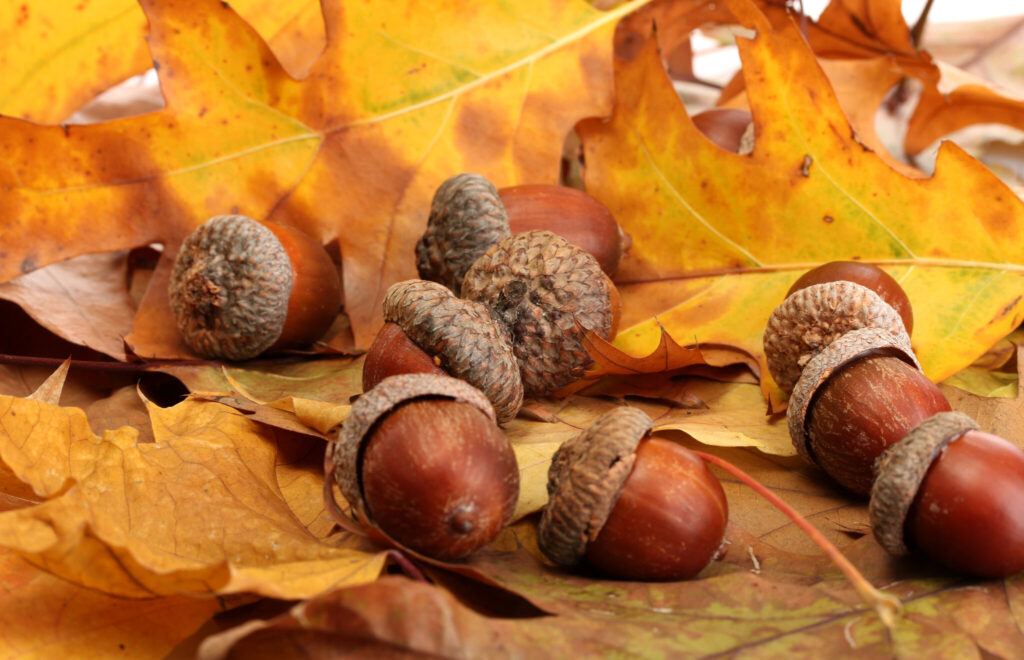
-

 Country Lifestyles2 years ago
Country Lifestyles2 years agoScott & Stacey Schumacher: A Growth Mindset
-

 Country Lifestyles8 years ago
Country Lifestyles8 years agoStyle Your Profile – What your style cowboy hat says about you and new trends in 2017
-

 HOME8 years ago
HOME8 years agoGrazing North Texas – Wilman Lovegrass
-

 Outdoor10 years ago
Outdoor10 years agoButtercup or Primrose?
-

 Country Lifestyles5 years ago
Country Lifestyles5 years agoAmber Crawford, Breakaway Roper
-

 Country Lifestyles9 years ago
Country Lifestyles9 years agoJune 2016 Profile – The man behind the mic: Bob Tallman
-

 Equine1 year ago
Equine1 year agoThe Will to Win
-

 Country Lifestyles8 years ago
Country Lifestyles8 years agoDecember 2016 Profile, Rusty Riddle – The Riddle Way




